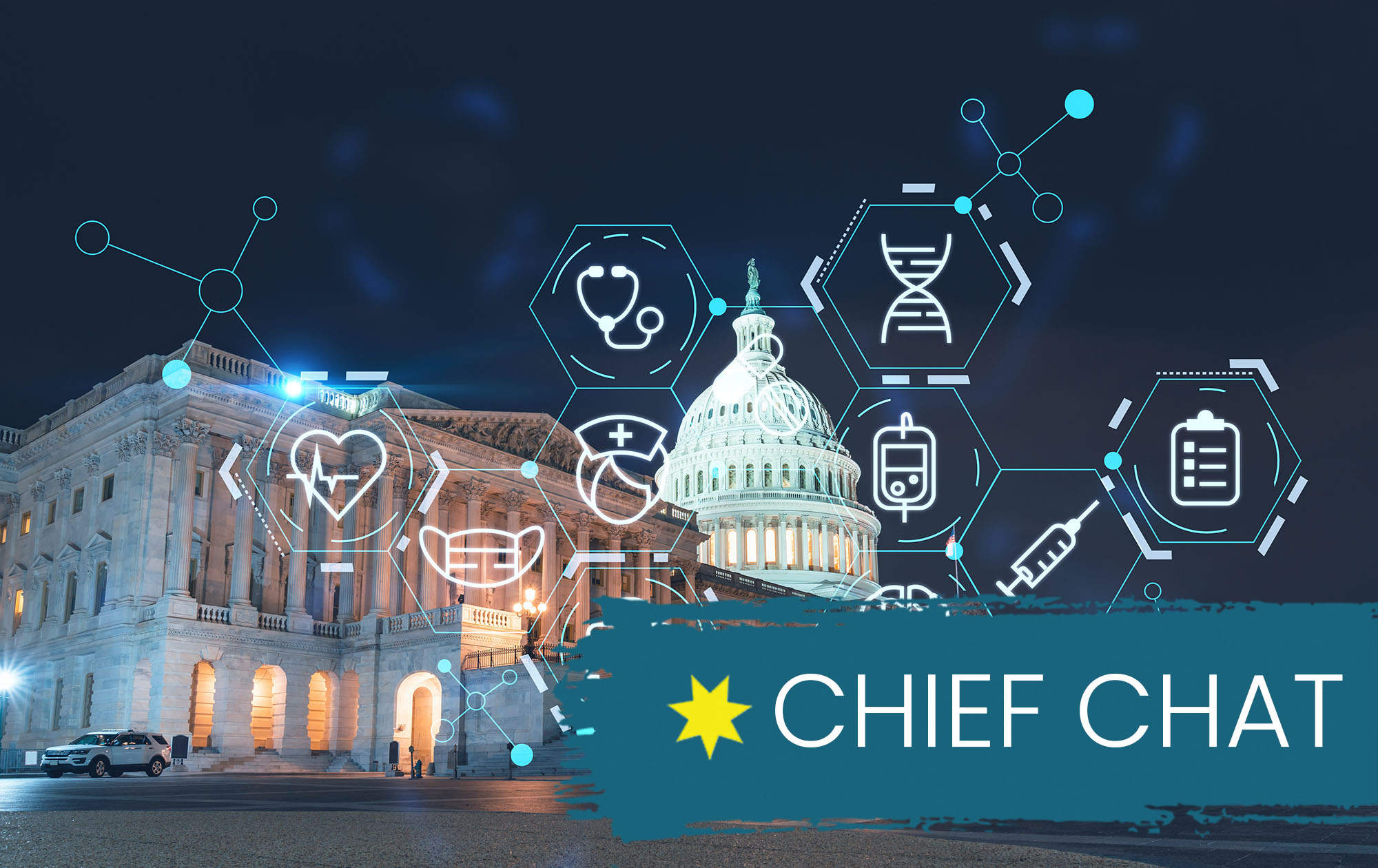Osiyo,
Protecting Cherokee Nation's sovereignty requires constant vigilance, particularly in ensuring the federal government upholds its solemn trust responsibilities to provide for the health and well-being of our people. Our unique nation-to-nation relationship demands direct engagement, and recently, I traveled to Washington, D.C., to advocate for our communities at the U.S. Department of Health and Human Services’ 27th annual Tribal Budget Consultation.
As the largest tribe in the United States, operating the largest tribal health system in the country with over 2 million patient visits every year, Cherokee Nation carries both a responsibility and a vital opportunity to lead in these crucial discussions. Our health system is the backbone of care for citizens and communities across our 7,000-square-mile reservation. We have built world class facilities and filled them with talented and caring doctors and nurses, but we have just begun to make up for serious health disparities arising from centuries of oppression and the underfunding of our health care needs.
During the consultation's Leadership Roundtable, I warned against making any cuts to the Indian Health Service and its funding agreements that allow tribes like the Cherokee Nation to run our own facilities. I strongly defended the success of IHS Advance Appropriations, which shields life-or-death care from government shutdowns and provides essential year-to-year funding stability for Indian health programs. I also raised alarms about the termination of vital federal grants meant to build long-term public health infrastructure for Indian Country.
Beyond direct IHS funding, I stressed the importance of programs serving our children and elders. I urged HHS to maintain support for Head Start, where Cherokee Nation serves over 900 children and has committed $80 million in tribal funds to modernize our facilities across our reservation, leveraging about $11 million in annual federal funds. Continued funding for the Low Income Home Energy Assistance Program (LIHEAP), which provided $1.9 million to Cherokee Nation this year, is also crucial for helping elders and families manage extreme temperatures without making impossible choices between heating and eating.
I highlighted the critical role of Medicaid, which supports care for about 30% of our patients and provides health system revenue that we immediately reinvest in more and better care for all patients. I urged that any potential Medicaid changes must exempt American Indians and Alaska Natives and protect the 100% federal reimbursement for Tribal care to uphold the trust responsibility.
The challenges facing Indian Country demand sustained federal engagement. The annual budget consultation is just one piece. That’s why I also serve on the HHS Secretary’s Tribal Advisory Committee and chair the Health Resources and Services Administration Tribal Advisory Committee, and Deputy Chief Bryan Warner chairs the Centers for Disease Control Tribal Advisory Committee. Through these regular forums, we maintain an ongoing dialogue with top federal officials, pushing for progress on workforce development, telehealth, diabetes prevention, and more.
Our advocacy ensures that the federal government hears directly about the realities on the ground. The federal trust responsibility is not about politics; it is a constitutional and moral obligation rooted in treaties and the sacrifices of our ancestors. While the U.S. government has made progress from the days when it actively sought to suppress tribal sovereignty, much work remains.
My engagement with federal health officials in the last month, of course, went beyond pushing back against funding and program cuts and unilateral policy changes. I extended a hand of friendship on behalf of the Cherokee Nation. I told officials — including HHS Secretary Robert F. Kennedy Jr. and Dr. Mehmet Oz, the new administrator for the Centers for Medicare and Medicaid Services — that if they wanted to see a health system that runs circles around the federal government and is increasingly comprehensive and holistic, I would welcome them to visit Cherokee Nation.
By engaging directly, speaking forcefully for our people, and holding the federal government accountable, we strengthen the foundation for the health, well-being, and prosperity of Cherokee Nation for generations to come. I will never stop advocating for our rights and ensuring the promises made to the Cherokee people are kept.
Wado,
Chuck Hoskin Jr.
Principal Chief


